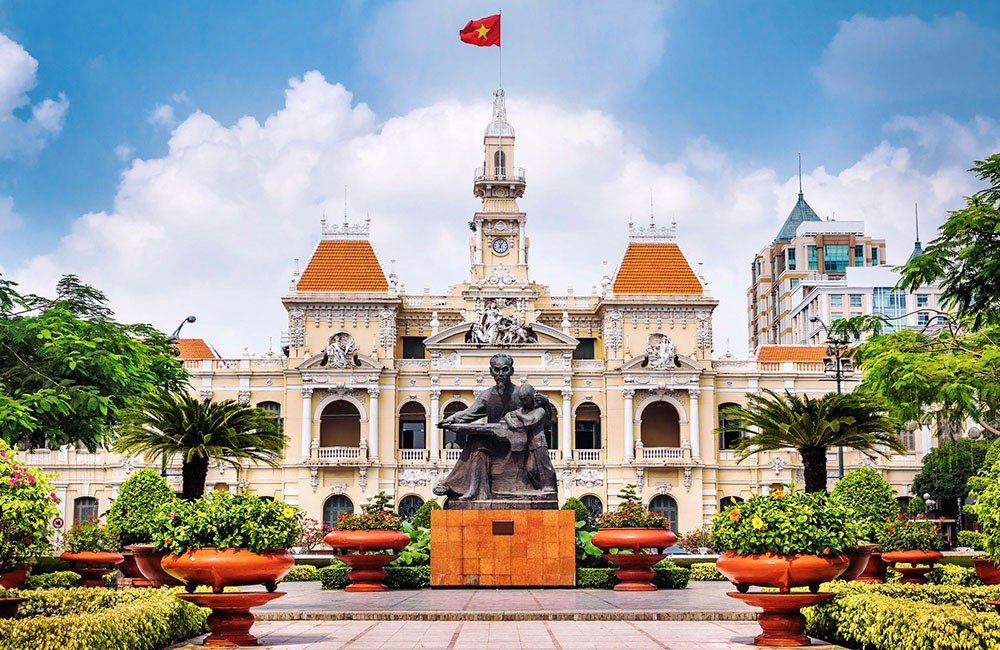
Vietnam is poised to fundamentally alter how its citizens gain access to domestic casinos. Under a new proposal by the Ministry of Finance, the existing requirement for Vietnamese locals to prove financial capacity—a cumbersome rule limiting access—is set to be replaced with a straightforward entry‑fee model. Public consultation is now underway for this plan, which has already earned approval from the Politburo and awaits formal government legislation.
The proposed ticket prices are set at VND 2.5 million (roughly US $100) for a 24‑hour pass, or VND 50 million (about US $2,000) for a monthly permit. This design closely mirrors Singapore’s successful entry‑fee model, which simplifies access while preserving financial safeguards.
Until now, eligibility for Vietnamese locals to gamble in approved casinos depended on meeting a monthly income threshold—VND 10 million (about US $390–400)—and producing documentary proof in advance. As one Ministry of Finance spokesperson acknowledged: “Many cannot provide the required documents as they must be thoroughly prepared in advance.” Replacing this financial documentation hurdle with a flat entry fee aims to both reduce red tape and maintain risk management measures.
This policy shift arrives amid deeper reflection on the future of Vietnam’s pilot program, which originally allowed locals to gamble at Phu Quoc’s Corona Resort & Casino from 2019. That pilot officially ended on December 31, 2024. As of January 1, 2025, Vietnamese citizens no longer have access to the venue—though foreign passport holders and overseas Vietnamese remain unaffected.

The Ministry of Finance is now charged with developing a clearer regulatory framework—not just for the entry‑fee mechanism but also for more robust oversight. The draft decree under review stipulates that casinos must collect and retain customer data for at least five years, with surveillance systems covering entry points, gaming floors, cash operations and vaults—all videos to be stored for up to 180 days and available to authorities on demand .
This change is part of broader policy discourse linked to the development of Phu Quoc as a special economic zone and the upcoming 2027 APEC summit in Vietnam. Officials are evaluating whether local access should become permanent in Phu Quoc and possibly extend to other integrated resorts, including the yet‑to‑open Van Don property .
Looking ahead, the new entry‑fee model could represent a watershed moment in Vietnam’s casino policy, signalling a shift toward a more open yet regulated domestic gambling environment. It balances accessibility with safeguards while aligning with regional precedents. That said, stakeholders remain cautious—underscoring the need for greater transparency, third‑party audits, and broader policy clarity before the pilot moves forward on a long‑term or national basis .
As the consultation process unfolds, attention will turn to whether the government chooses to lift the suspension of local access and extend the program under this revised scheme. With Vietnam’s rising middle class and expanding tourism sector, the stakes are high for both economic opportunity and social responsibility.

 Content Writer: Janice Chew • Tuesday, 25/08/2025 - 23:42:35 - PM
Content Writer: Janice Chew • Tuesday, 25/08/2025 - 23:42:35 - PM